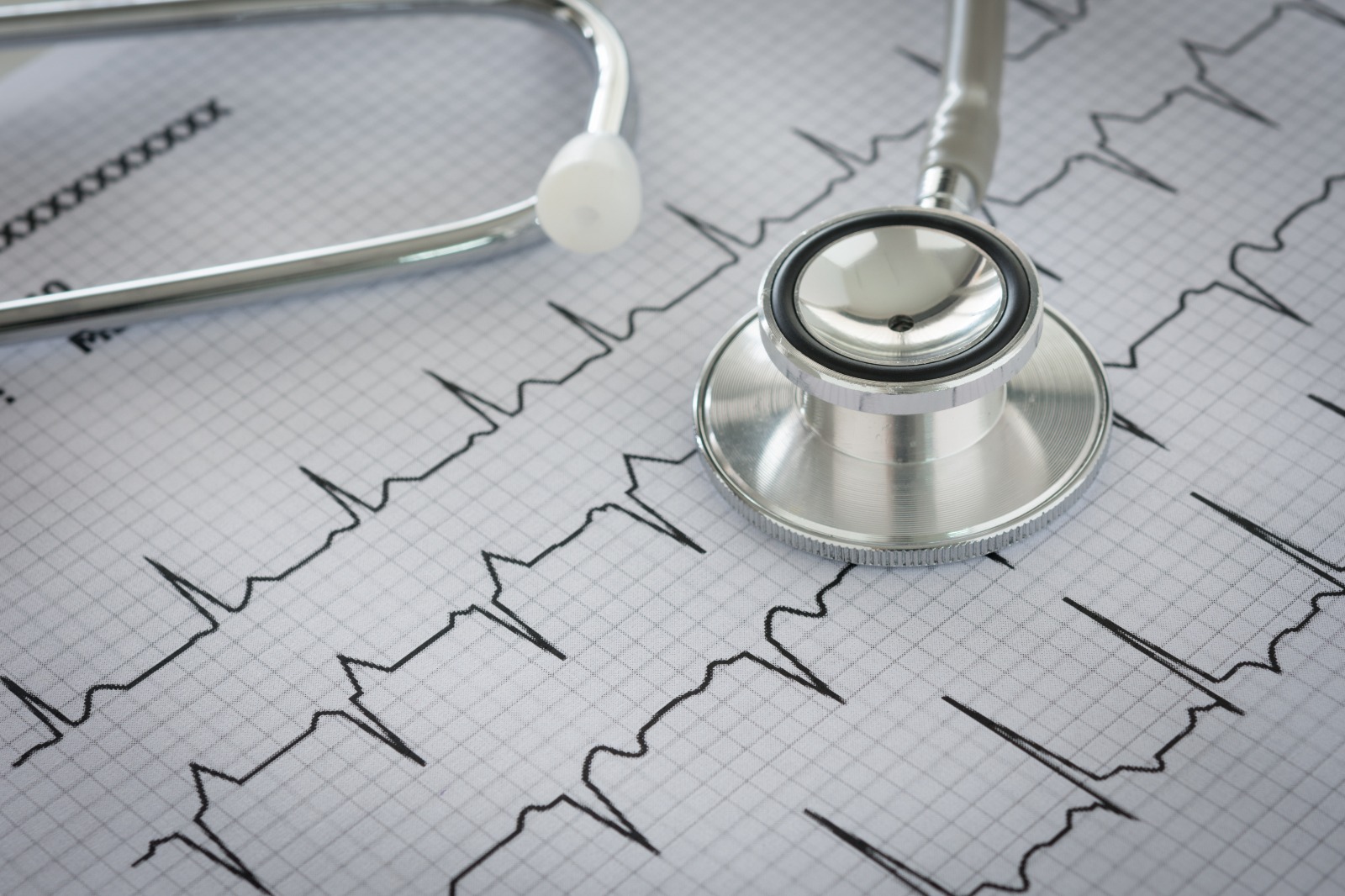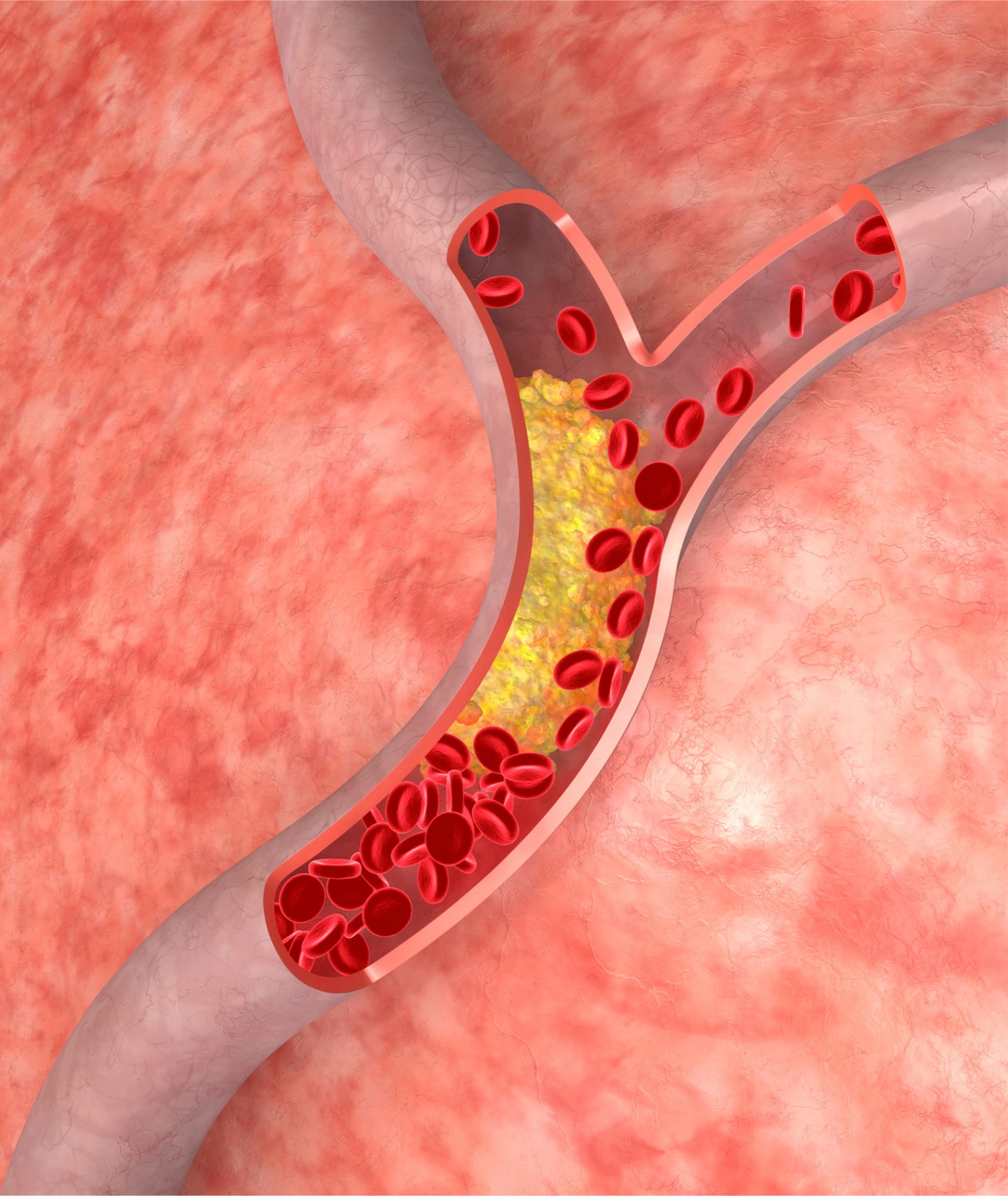Understanding what a cardiologist does it is key to know when it is time to attend an appointment with this specialist. This health professional deals with all matters associated with the cardiovascular system. In other words, it analyzes and diagnoses any type of disease that affects the heart, in addition to the circulatory system in general.
If you need more information about the job of a cardiologist, keep reading this article. Next, we will explain the management of these types of medical professionals. In addition to all the analysis and treatments that are carried out as appropriate.
What is Cardiology?
Before analyzing what a cardiologist does, it is important to know a little something more about this branch of medicine. In other words, cardiology is a medical specialty focused on the treatment of the heart. In this sense, a doctor specializing in cardiology or also a cardiologist, carries out diagnoses and treatments associated with problems with this vital organ.
Despite the requirements that exist in all countries, cardiologists are generally surgeons and physicians. On the other hand, it is important that they carry out a previous specialization. A cardiology professional must treat patients with any type of cardiovascular disease.
Today, there are many problems that cause heart health problems. In order to establish a diagnosis, the cardiologist will order a series of tests. In addition, a cardiologist approaches different areas of research during his entire training.
Aspects related to the work of a cardiologist
As we said before, depending on the country, the specialty of cardiology is linked to different branches of medicine. This is why a cardiologist specialist is also related to other specific specialties such as:
Hospital medicine
This specialty is related to the care of patients who enter the health center. In other words, those who go there for a consultation and then have to stay hospitalized for any other reason. For this area we also have urgent or acute cases that need rapid treatment.
Clinical cardiology
It is based on treating all patients directly. In the same way, it has to do with the methods used when it is necessary to treat a case in a particular way.
Care before and after a surgery
To reduce the risks of the operations, it is essential that a cardiological assessment is carried out. Under no circumstances is it recommended to proceed with an operation before a cardiologist evaluates the patient. Likewise, post-surgery care is very important to ensure a good recovery process.
Preventive cardiology
It is based on all the measures taken by experts to prevent the occurrence of diseases that are related to medicine in general.
What training should a cardiologist have?

Cardiology is a branch of medicine. For that, a cardiologist studies the university degree in medicine and specializes in cardiology during the years of residency. This medical specialty is clinical. In other words, the specialist can only treat heart diseases through the use of medicines.
If a patient required surgical intervention, they should be referred to a cardiovascular surgeon. Even so, it must be said that there are cardiologists who specialize in cardiovascular surgery as well. It all has to do with the specializations that the health professional must carry out. In the latter case, the professional is known as an interventional cardiologist.
A cardiology expert goes through a training process of 10 academic years. This period is divided into six years at the university training as a doctor and 4 years later for MIR specialization in any hospital.
After this time, the doctor is accredited as a cardiologist. In class, in addition to exercising, he must be constantly updated on research related to his subject of study.
When is it necessary to attend with a cardiologist?
Although it is true that with any heart problem it is necessary to attend with a cardiologist, the initial diagnosis is made by a primary care doctor. After this first review, the patient is referred to the cardiology specialist.
When the professional receives the patient, they proceed with the symptomatic assessment and the previous antecedents. If necessary, an analysis is requested with the aim of obtaining a clearer diagnosis.
It is important to go with an expert in this branch of medicine, if there is a family history related to heart problems. When we talk about antecedents, we mean sudden death, heart attacks, heart disease, cardiac arrhythmias, among others.
For this type of scenario, the cardiologist predicts that patients with a family history will develop some disease of this type. If you are part of a risk group or have family members with heart problems, you must go there for a cardiological visit every six months.
For their part, healthy people must have an annual check-up to avoid heart disease.
What tests does a cardiologist perform?
Following the sequence of what a cardiologist does, it is possible to define some specific actions that this professional follows. The purpose is simply to know the patient’s state of health. These procedures are as follows:
- Electrocardiogram: this process makes it possible to evaluate cardiac activity at an electrical level. By means of this examination it is possible to know abnormalities in the patient’s heart rate.
- Echocardiogram: is carried out to analyze the structure of the heart. It is useful to know if there are problems with the shape or size of the heart.
- Ergometry or stress test: this study is common for high-level athletes. It is based on analyzing the cardiac response to the physical activity stimulus.

What diseases does a cardiologist treat?
The field of management of a cardiologist is quite extensive. These health professionals treat different diseases. Among the most common we find the following:
- Heart failure: This disease occurs when there are problems with blood pumping to the heart. In other words, the heart supplies blood to the rest of the body. But, when there is insufficiency, the amount of blood is less than necessary. The heart, in this case, begins to fail. The symptoms are: abnormal exhaustion, breathing problems, feeling short of breath and fluid retention.
- Arterial hypertension: another of the diseases treated by a cardiologist is this. High blood pressure increases the chance of a heart attack. The disease appears as a result of the narrowing of the arteries.
- High cholesterol: As was the case before, cholesterol increases the risk of having a heart attack. It usually causes no symptoms. Even so, once it is diagnosed, it is important that a cardiologist can establish a specific treatment.
- Myocardial infarction: When a heart attack occurs, the arteries are unable to pump blood. Intense chest pain is the most characteristic symptom of this disease.
- Angina pectoris: occurs when blood does not flow to the heart properly. The cause of this disease is the blockage of the coronary arteries. Patients with this disease have a feeling of pressure in the chest.
- Heart rhythm disorders: These are quite common. However, it is not a disease as such. Some common problems can cause momentary disturbances. In any case, it is necessary to maintain a control of the pulses to avoid cardiac complications.
If you have any of the symptoms described above, it is urgent to make an appointment with a cardiologist as soon as possible.
Risk factors for cardiovascular diseases

As we just said before, one of the clearest risk factors is having family members with a history of heart disease. However, this is not the only reason why it is possible to develop problems with the heart and cardiovascular system. Some other risk factors are:
- Suffer from diabetes.
- Having bad eating habits, sedentary lifestyle, overweight, obesity, etc.
- Arterial hypertension.
- Smoking.
- Constant stress.
- High cholesterol.
What qualities should a good cardiologist have?
In addition to all the medical training, a quality cardiologist must have other important qualities such as:
Have experience and preparation
It is impossible to talk about a good cardiologist without considering these two factors. Every health professional must base his work on experience. Likewise, it is key to have the necessary academic training to face any diagnosis.
Know how to listen
Although a cardiologist may have sufficient preparation, it is necessary that he knows how to listen attentively to his patients. In many cases, the diagnosis is simpler when the patient’s previous history or symptoms are analyzed. All the information provided is vital to attend to any situation in time.
Have humanity
This is a determining factor in any branch of medicine. All specialists must be empathetic. It is not easy to receive negative health news. The way information is communicated to the patient can greatly affect him, both positively and negatively.
Conclusions

In the face of any symptom of heart disease or even if you have risk factors, it is necessary to visit the cardiologist. This is the only way to prevent heart health complications. It is necessary to attend reviews at least every six months if you have a previous history.
However, if you are a healthy person, you will have to visit it once a year.
If you need further advice on cardiology or heart disease, please contact us and we will be happy to help.
